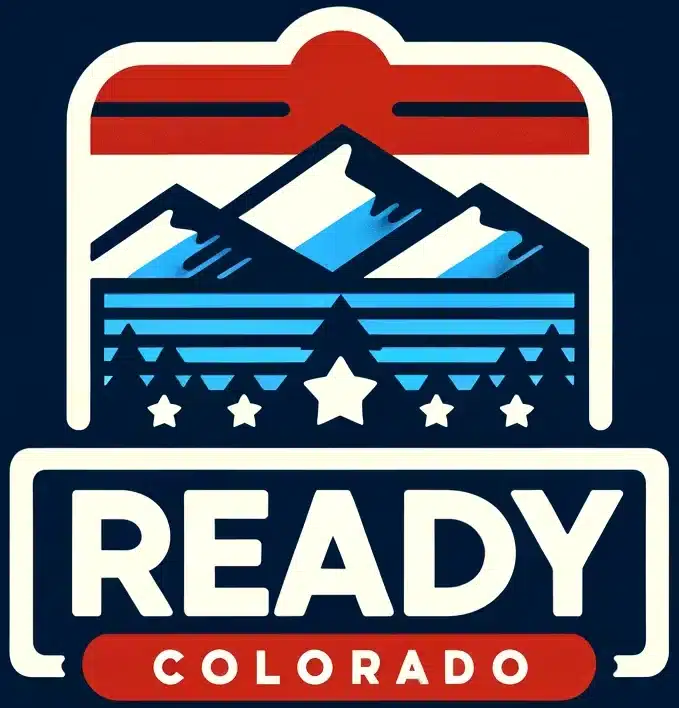In order to promote road safety, the state has established a comprehensive framework of speed limit laws in Colorado that regulate how fast drivers can travel on various types of roads. In Colorado, speeding is a leading cause of traffic and motor vehicle accidents and fatalities. These laws are enforced by the Colorado Department of Transportation (CDOT) and local authorities, who have the power to set and adjust speed limits based on factors such as road conditions, traffic volume, and accident data.
In This Article
TL;DR
- The speed limit laws in Colorado are designed to promote road safety and reduce car accidents caused by speeding.
- The Colorado Department of Transportation (CDOT) and local authorities play a crucial role in setting and enforcing maximum speed limits throughout the state.
- Recent updates to Colorado's maximum speed limit laws include increased penalties for excessive motor vehicle speeding and the introduction of variable speed limits in certain areas.
Understanding the Basics of Speed Limit Laws in Colorado
In Colorado, basic speed law limits are set for different types of roads and areas. These presumed limits include:
- 20 mph on narrow, winding mountain highways or blind curves.
- 25 mph in any business district.
- 30 mph in any residential district.
- 40 mph on open mountain highways.
- 55 mph on other open highways not part of the interstate system.
- 65 mph on surfaced, four-lane highways that are part of the interstate system or expressways.
Special considerations apply to a school zone or construction zone, where lower speed limits may be in effect to ensure public safety. Drivers who do not adhere to driving at a safe speed in a school zone or construction zone or cause a car accident may be subject to a higher-cost traffic ticket and speeding violation. Additionally, Colorado has implemented variable speed limits in some areas, which allow CDOT to adjust the maximum speed limit based on real-time traffic, weather, and road conditions.
The Role of Traffic Studies in Speed Limit Legislation
Traffic studies play a vital role in determining appropriate speed limits on Colorado roads. CDOT and local authorities conduct these studies to analyze factors such as traffic volume, car accident history, and road geometry to ensure highway safety. The findings of these studies inform decisions on whether to raise, lower, or maintain existing speed limits.
Community feedback is also considered when setting the maximum speed limit, as local residents and stakeholders may provide valuable insights into traffic safety concerns in their areas. Educational campaigns are often used to raise public awareness about speed limits and promote safe driving behaviors.
Enforcement and Penalties
Law enforcement agencies in Colorado are responsible for upholding speed limit laws and issuing citations to drivers who exceed posted limits. Penalties for speeding vary based on the severity of the offense, with fines ranging from $30 to $1,000 and potential jail time for excessive speeding.
- 1-4 mph over the posted speed limit: $30 fine.
- 5-9 mph over the posted speed limit: $70 fine.
- 10-19 mph over the posted speed limit: $135 fine.
- 20-24 mph over the posted speed limit: $200 fine.
- 25+ mph over the posted speed limit: $150-$300 fine and/or 10-90 days in jail (Class 2 misdemeanor traffic offense).
- 25+ mph over the posted speed limit in a construction zone: $300-$1,000 fine and/or ten days to 1 year in jail (Class 1 misdemeanor traffic offense).
Traffic cameras and other technologies are increasingly being used to assist in speed limit enforcement.
Legal Processes and Contesting Speeding Tickets
Drivers who receive a speeding ticket in Colorado have the right to contest the citation in traffic court. Common legal defenses include challenging the accuracy of the speed measurement device, arguing that the speed limit was not properly posted, or claiming that an emergency situation necessitated exceeding the speed limit.
Traffic courts in Colorado are responsible for adjudicating speed-related offenses and determining appropriate penalties based on the evidence presented.
Impact of Speed Limits on Road Safety and Accident Rates
Studies have shown a correlation between speed limits and accident rates, with higher speeds generally associated with more severe crashes. In Colorado, case studies have demonstrated that adjusting speed limits can have a significant impact on road safety. For example, lowering the speed limit on a stretch of road with a high accident rate may lead to a reduction in crashes and injuries.
Promoting safe driving behaviors through a combination of appropriate speed limits, enforcement, and education is crucial for improving overall road safety in Colorado.
Technological Advancements and Speed Limit Management
Intelligent Transportation Systems (ITS) are increasingly being used in Colorado to manage speed limits and promote safe driving. These systems can include variable message signs that display real-time speed limits, as well as GPS and mapping services that integrate with Colorado’s speed limit laws to provide drivers with accurate information.
As technology continues to advance, future trends in speed limit enforcement and management may include the expanded use of connected vehicles, automated speed enforcement, and data-driven decision-making.
Public Opinion and Community Involvement
Surveys and studies have been conducted to gauge public opinion on speed limits in Colorado, revealing a range of perspectives on the balance between mobility, safety, and community desires. Some residents advocate for lower speed limits in residential areas to protect pedestrians and cyclists, while others argue for higher limits on highways to reduce travel times.
Community initiatives and advocacy groups play an active role in shaping speed limit laws in Colorado, working with local authorities and CDOT to address traffic safety concerns and promote responsible driving behaviors.
FAQ
What is the highest legal speed limit in Colorado?
The highest legal speed limit in Colorado is 75 mph on certain rural interstate highways. However, CDOT and local authorities have the power to set lower speed limits based on road conditions and safety considerations.
How do I find out about speed limit changes in my area?
Speed limit changes in Colorado are typically communicated through official channels such as CDOT’s website, local news outlets, and updated signage on affected roads. Drivers can also check with their local government or transportation department for information on recent or upcoming speed limit changes.
Are there any exceptions to speed limits for emergency vehicles in Colorado?
Yes, Colorado law allows emergency vehicles, such as police cars, fire trucks, and ambulances, to exceed posted speed limits when responding to an emergency situation. However, these vehicles must still operate with due regard for the safety of all persons on the road.
How does Colorado determine speed limits in different areas?
Speed limits in Colorado are determined through a combination of statutory guidelines, traffic studies, and input from local authorities. Factors such as road type, traffic volume, accident history, and community feedback are considered when setting appropriate speed limits for each area.
What should I do if I receive a speeding ticket in Colorado?
If you receive a speeding ticket in Colorado, you have the option to pay the fine or contest the citation in traffic court. If you choose to contest the ticket, it is recommended that you gather evidence to support your case and consider seeking legal advice from a traffic attorney.






